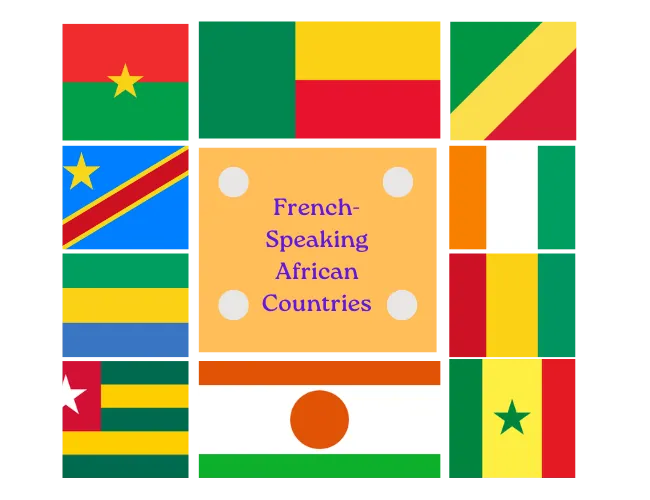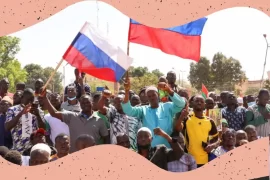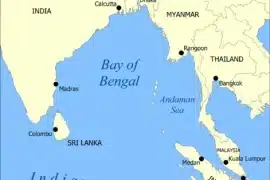Africa’s cultural diversity is as vast as the continent itself, and among its linguistic tapestry lies a significant thread of French-speaking nations. These ten French-speaking African countries are bound together not only by their shared language but also by their unique histories, traditions, and vibrant cultures.
List of the French-Speaking African Countries
The 10 French-speaking African countries, where French is the only official language, are Benin, Burkina Faso, Congo, Democratic Republic of Congo, Ivory Coast, Gabon, Guinea, Niger, Senegal, and Togo.
Benin
With a rich heritage rooted in voodoo practices and historical significance as a hub of the transatlantic slave trade, Benin is a land of vivid artistry and cultural celebrations.
Burkina Faso
Known for its welcoming people and captivating landscapes, Burkina Faso boasts a vibrant arts scene and a spirit of resilience in the face of challenges.
Congo
With diverse ethnic groups and a passion for music, Congo pulsates to the rhythm of the African beat.
Democratic Republic of Congo (DRC)
As one of the continent’s largest and most biodiverse nations, the DRC is a land of majestic beauty and untapped potential.
Ivory Coast
Brimming with natural resources and known for its cocoa production, Ivory Coast is a melting pot of cultures and traditions.
Gabon
A paradise for nature lovers, Gabon’s lush rainforests and diverse wildlife make it a haven for eco-tourism.
Guinea
With a rich cultural heritage and impressive craftsmanship, Guinea exudes a sense of pride in its traditions.
Niger
Home to the Sahara Desert and nomadic tribes, Niger embodies the essence of African resilience and desert culture.
Senegal
A country of poets and storytellers, Senegal showcases a fusion of traditional and modern influences, evident in its vibrant art and music scene.
Togo
Steeped in voodoo practices and renowned for its palm-fringed beaches, Togo offers a unique blend of spirituality and coastal charm.
Shared French Heritage
The bond that unites these nations is the French language, a legacy of colonial history. The French language plays a vital role in communication, commerce, and education, providing these countries with a common linguistic thread that fosters intercultural understanding.
Cultural Richness
Despite sharing a common language, each nation maintains its distinct cultural identity, with unique languages, music, dance, and folklore. The diversity of traditions enriches the fabric of these countries and contributes to their vibrant tapestry of customs and celebrations.
Challenges and Opportunities
French-speaking African countries face their share of challenges, including political instability, economic disparities, and social issues. However, they also embrace opportunities for growth, striving to harness their abundant resources and unleash their potential.
Literary Legacy
These nations have produced numerous influential writers, poets, and intellectuals who have contributed to African literature. Their works reflect the social, political, and cultural realities of their countries, leaving an indelible mark on the continent’s literary heritage.
Unity in Diversity
As members of the Organisation Internationale de la Francophonie (International Organization of La Francophonie), these countries share in a global community that promotes French language and culture. This unity in diversity fosters cooperation, solidarity, and mutual respect among the Francophone nations of Africa.
Embracing the Future
With growing young populations and a renewed sense of pride in their cultural heritage, these French-speaking African countries are poised to embrace the future. As they face the challenges of the 21st century, their shared linguistic bond and rich cultural diversity remain steadfast cornerstones for progress and prosperity.








